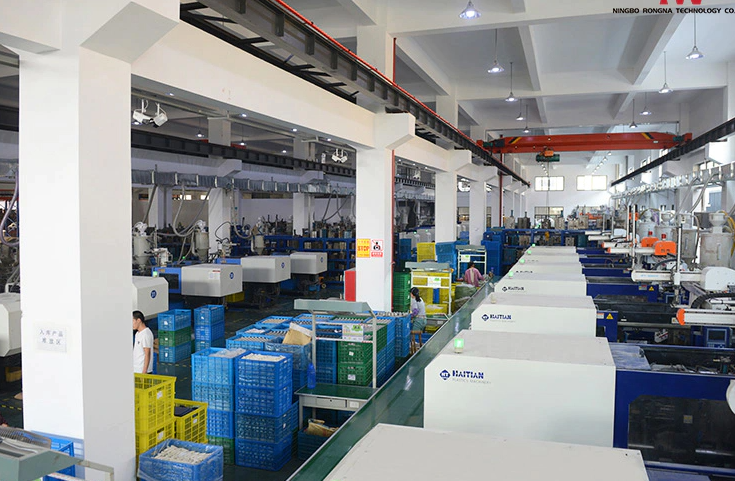Achieving precision at scale is a defining challenge in mass production, and injection molding stands as a pivotal solution that has redefined the manufacturing landscape. This sophisticated technique has revolutionized the way industries produce intricate components and products, offering unparalleled advantages that encompass speed, accuracy, efficiency, and cost-effectiveness.
At its core, injection molding involves injecting molten material—typically plastic—into a precisely designed mold. This mold, often created from durable metals, is crafted with meticulous detail to ensure the final product's exact specifications. The molten material solidifies within the mold's cavities, creating a flawless replica of the intended object. This process enables the creation of intricate geometries, from intricate microcomponents to large and complex parts, with consistency and high precision.
The role of injection molding in mass production is characterized by its ability to produce vast quantities of items with minimal variance. The automated nature of the process, combined with advanced machinery and robotics, ensures that each molded piece is a faithful reproduction of the original design. This level of uniformity is paramount for industries that demand precision, such as electronics, automotive, medical devices, and consumer goods.
Speed is another cornerstone of injection molding's contribution to mass production. The cycle times for producing individual parts can be remarkably short, allowing for rapid creation of large quantities. This efficient turnaround time significantly accelerates production rates, making injection molding an ideal solution for meeting demanding market demands and timelines.
The inherent scalability of injection molding is a distinguishing feature. Once the mold is designed and fabricated, the process can be replicated with little effort for each subsequent piece. This scalability is a key factor in reducing per-unit production costs, enabling cost-effective manufacturing of high volumes. The economies of scale achieved through injection molding make it an attractive choice for industries where mass production is essential.
Furthermore, injection molding materials offer a wide range of properties and characteristics, allowing manufacturers to tailor the final product to specific needs. From rigid and durable plastics to flexible and elastomeric materials, the versatility of injection molding materials addresses diverse application requirements, enhancing functionality and performance.
The technique's precision extends beyond the final product's appearance to include intricate details such as surface textures, logos, and even overmolding—integrating multiple materials in a single component. This attention to detail ensures that the end result not only meets functional specifications but also aligns with aesthetic and branding considerations.

